The following blog was written by guest blogger Cyndi Laurenti:
The economic struggle the U.S. is facing today isn’t simply a matter of a few bad business decisions; for too long business practices have marginalized and preyed on their market base. The quest for corporate profits has caused similar degradation of social systems and the environment, creating a weakened infrastructure that has difficulty recovering from major catastrophes like the subprime mortgage crisis.
To rectify this damage, innovators in public administration are increasingly focusing on the social impact of policymaking, and the development of social capital markets.
“Impact economy” is the term being applied to the new decisions and far-looking strategies in the political and business spheres that seek to energize the job market and implement better environmental standards for sustainable business futures. While current corporate budget policies strangle job-creation with no thought to longterm potential employment issues, private investors (“venture philanthropists”) are contributing to a growing financial trend towards social outreach initiatives. By helping cement communities through non-profit and socially-responsible businesses such as affordable housing concerns and community health and education centers, these investors are creating a better-educated, motivated, and financially able American workforce.
Public administration is performing a vital role in guiding and shaping new impact market strategies. Clearly worded policies are needed to facilitate private-sector investment in socially beneficial concerns. Initiatives must be crafted to organize the rehabilitation and restoration of waterfronts and park areas to encourage urban growth. Education reform is needed in both general funding and in the accessibility of information and resources to schools nationwide.
According to the aforementioned public administration resource, the potential value of the impact investment market can be measured in hundreds of billions of dollars. It is the charge of public administrators, whether policymakers or non-profit executives, to make use of the current opportunity to ensure that the impact economy flourishes. Both public and private interests are in need of public-minded solutions to the complex deficiencies the profits-driven mindset has caused. The social, economic, and environmental infrastructures that the United States needs to continue to be a world leader are being redesigned right now in local governments and socially responsible businesses in every state.
——–
This article was written by guest blogger Cyndi Laurenti. Cyndi recently graduated with a degree in International Relations and is interested in how public policy affects all spheres of life.
 Sections of this topic
Sections of this topic
















